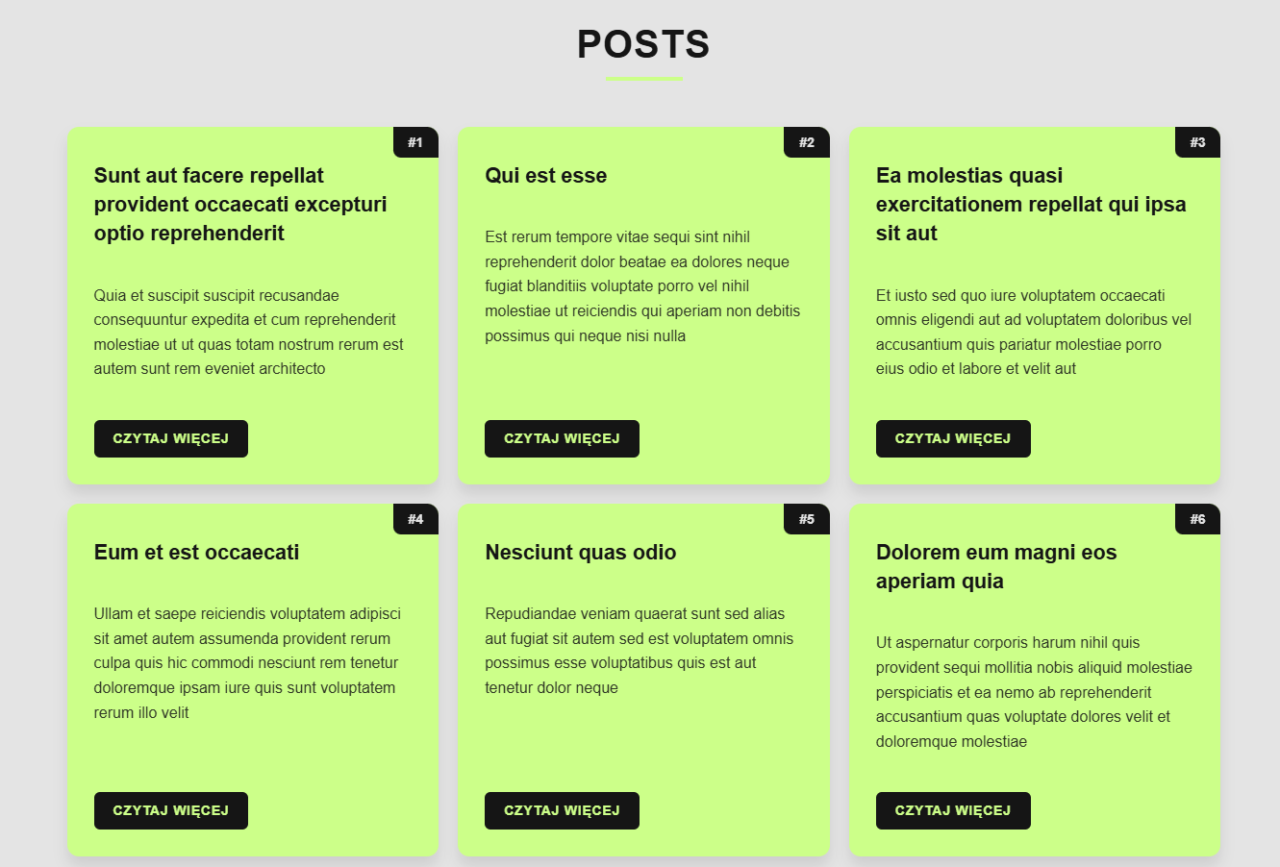AI Revolution within the Frontend Developer’s Workshop
In right now’s world, programming with out AI help means giving up a robust device that radically will increase a developer’s productiveness and effectivity. For the trendy developer, AI in frontend automation isn’t just a curiosity, however a key device that enhances productiveness. From mechanically producing parts, to refactoring, and testing – AI instruments are basically altering our each day work, permitting us to give attention to the artistic facets of programming as a substitute of the tedious process of writing repetitive code. On this article, I’ll present how these instruments are mostly used to work quicker, smarter, and with larger satisfaction.
This publish kicks off a collection devoted to using AI in frontend automation, the place we are going to analyze and talk about particular instruments, methods, and sensible use instances of AI that assist builders of their on a regular basis duties.
AI in Frontend Automation – How It Helps with Code Refactoring
Probably the most widespread makes use of of AI is enhancing code high quality and discovering errors. These instruments can analyze code and recommend optimizations. Consequently, we can write code a lot quicker and considerably cut back the chance of human error.
How AI Saves Us from Irritating Bugs
Think about this example: you spend hours debugging an software, not understanding why knowledge is not being fetched. Every part appears appropriate, the syntax is ok, but one thing is not working. Usually, the issue lies in small particulars which might be laborious to catch when reviewing the code.
Let’s check out an instance:
operate fetchData() {
fetch("htts://jsonplaceholder.typicode.com/posts")
.then((response) => response.json())
.then((knowledge) => console.log(knowledge))
.catch((error) => console.error(error));
}At first look, the code seems to be appropriate. Nonetheless, upon operating it, no knowledge is retrieved. Why? There’s a typo within the URL – “htts” as a substitute of “https.” This can be a basic instance of an error that would value a developer hours of irritating debugging.
Once we ask AI to refactor this code, not solely will we obtain a extra readable model utilizing newer patterns (async/await), but in addition – and most significantly – AI will mechanically detect and repair the typo within the URL:
async operate fetchPosts() {
attempt {
const response = await fetch(
"https://jsonplaceholder.typicode.com/posts"
);
const knowledge = await response.json();
console.log(knowledge);
} catch (error) {
console.error(error);
}
}How AI in Frontend Automation Speeds Up UI Creation
Probably the most apparent functions of AI in frontend improvement is producing UI parts. Instruments like GitHub Copilot, ChatGPT, or Claude can generate part code based mostly on a brief description or a picture offered to them.
With these instruments, we are able to create complicated person interfaces in only a few seconds. Producing a whole, useful UI part typically takes lower than a minute. Moreover, the generated code is often error-free, contains applicable animations, and is totally responsive, adapting to totally different display screen sizes. It is very important describe precisely what we anticipate.
Right here’s a view generated by Claude after coming into the request: “Primarily based on the loaded knowledge, show posts. The web page must be responsive. The principle colours are: #CCFF89, #151515, and #E4E4E4.”

AI in Code Evaluation and Understanding
AI can analyze present code and assist perceive it, which is especially helpful in massive, complicated tasks or code written by another person.
Instance: Producing a abstract of a operate’s conduct
Let’s assume we’ve a operate for processing person knowledge, the workings of which we don’t perceive at first look. AI can analyze the code and generate a readable clarification:
operate processUserData(customers) {
return customers
.filter(person => person.isActive) // Checks the `isActive` worth for every person and retains solely the objects the place `isActive` is true
.map(person => ({
id: person.id, // Retrieves the `id` worth from every person object
identify: `${person.firstName} ${person.lastName}`, // Creates a brand new string by combining `firstName` and `lastName`
e-mail: person.e-mail.toLowerCase(), // Converts the e-mail handle to lowercase
}));
}On this case, AI not solely summarizes the code’s performance but in addition breaks down particular person operations into easier-to-understand segments.
AI in Frontend Automation – Translations and Error Detection
Each frontend developer is aware of that programming isn’t nearly creatively constructing interfaces—it additionally includes many repetitive, tedious duties. One among these is implementing translations for multilingual functions (i18n). Including translations for every key in JSON recordsdata after which verifying them might be time-consuming and error-prone.
Nonetheless, AI can considerably velocity up this course of. Utilizing ChatGPT, DeepSeek, or Claude permits for computerized technology of translations for the person interface, in addition to detecting linguistic and stylistic errors.
Instance:
We’ve a translation file in JSON format:
{
"welcome_message": "Welcome to our software!",
"logout_button": "Log off",
"error_message": "One thing went fallacious. Please attempt once more later."
}AI can mechanically generate its Polish model:
{
"welcome_message": "Witaj w naszej aplikacji!",
"logout_button": "Wyloguj się",
"error_message": "Coś poszło nie tak. Spróbuj ponownie później."
}Furthermore, AI can detect spelling errors or inconsistencies in translations. For instance, if one a part of the applying makes use of “Log off” and one other says “Exit,” AI can recommend unifying the terminology.
Any such automation not solely saves time but in addition minimizes the chance of human errors. And this is only one instance – AI additionally assists in producing documentation, writing exams, and optimizing efficiency, which we are going to talk about in upcoming articles.
Abstract
Synthetic intelligence is remodeling the way in which frontend builders work each day. From producing parts and refactoring code to detecting errors, automating testing, and documentation—AI considerably accelerates and streamlines the event course of. With out these instruments, we’d lose numerous priceless time, which we definitely wish to keep away from.
Within the subsequent components of this collection, we are going to cowl subjects comparable to:
Keep tuned to maintain up with the most recent insights!

